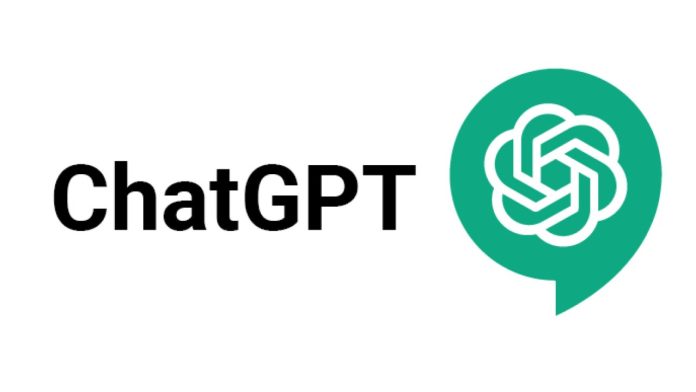Together with Retro Bioscience, OpenAI has developed a new AI model. In order to re-engineer a protein that can extend human life, this model was developed.
Technology has made our lives easier. These days, attempts are also being made to extend life with the aid of technology. In partnership with Retro Biosciences, OpenAI, the firm behind ChatGPT, developed a new AI model called GPT-4b micro. A new company called Retro Biosciences is trying to extend human life by ten years. For the past year, the two businesses have been collaborating. Their primary goal is to enhance Yamanaka factors, which are proteins. Let’s hear the whole story.

This work is being done by both businesses.
Together, the two businesses created the GPT-4b mini model. Re-engineering a group of proteins known as Yamanaka factors is its responsibility. These proteins have the ability to change human skin cells into stem cells that appear younger. According to Retro Biosciences, these proteins have the potential to both solve the issue of cell replacement and be utilized to manufacture human organs. This is the first model of its kind created specifically for biological research by OpenAI.

Google uses a similar model.
Google’s AlphaFold model, which won the Nobel Prize, differs slightly from the GPT-4b micro model. Based on amino acid sequences, this Google model is able to accurately predict the three-dimensional structure of proteins. This goal was once thought to be impossible in biology. As a result, last year Google DeepMind director John Jumper and CEO Demis Hassabis received the Nobel Prize in Chemistry for developing this model.
Research on the GPT-4b micro will start.
According to OpenAI and Retro Bioscience, they want to publish their findings on this approach. This will demonstrate the effectiveness of this model and whether it can actually extend human life.




